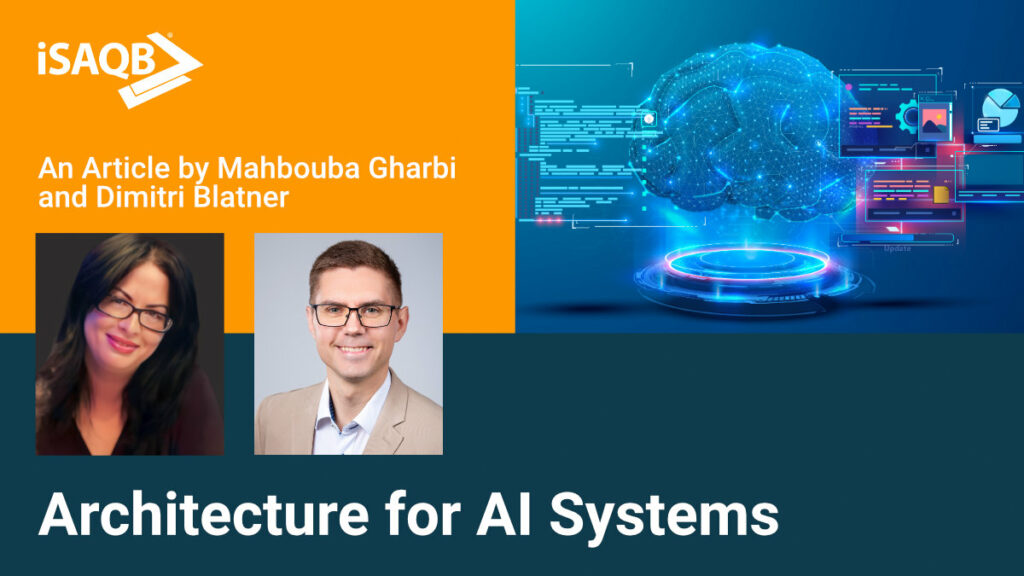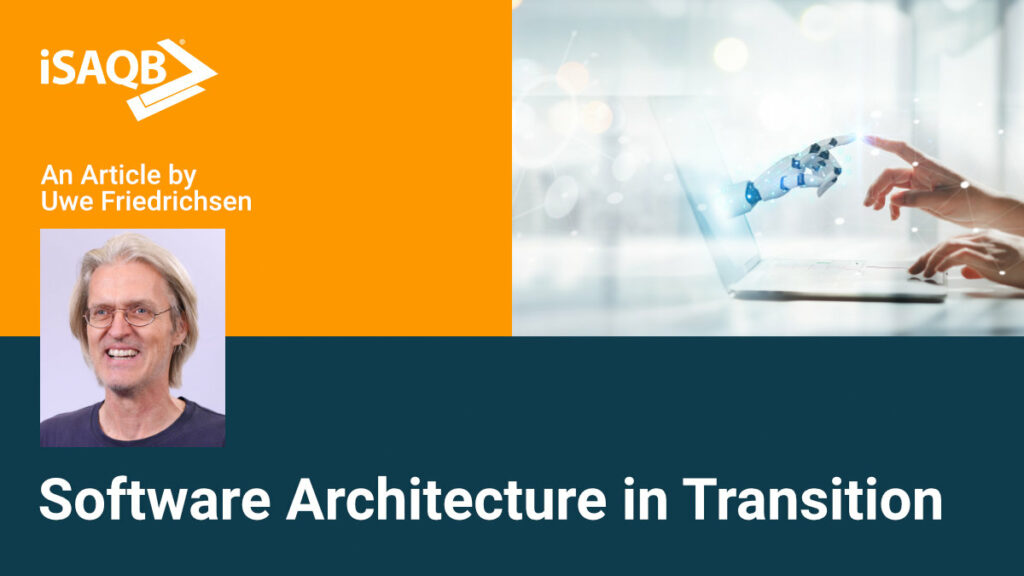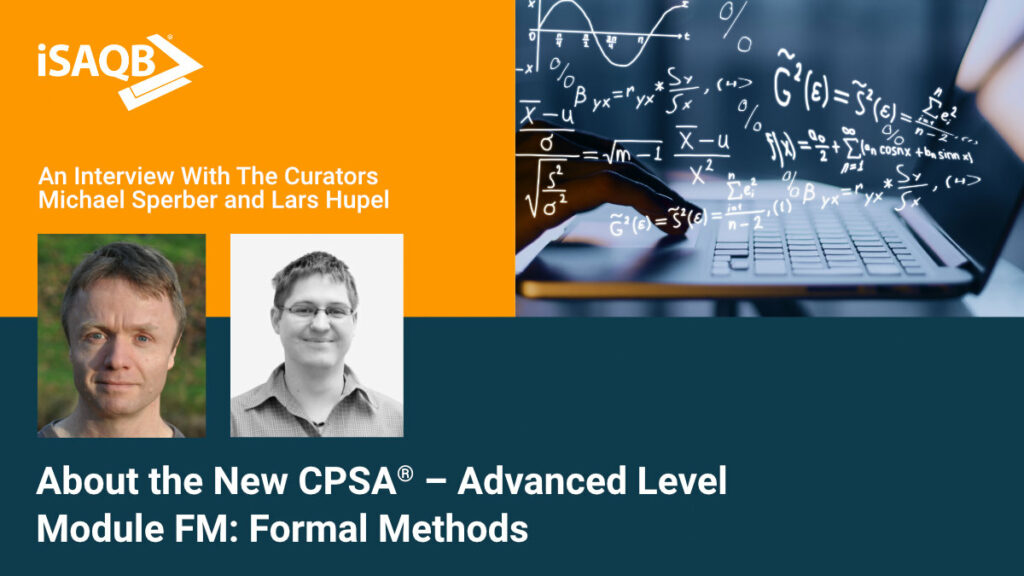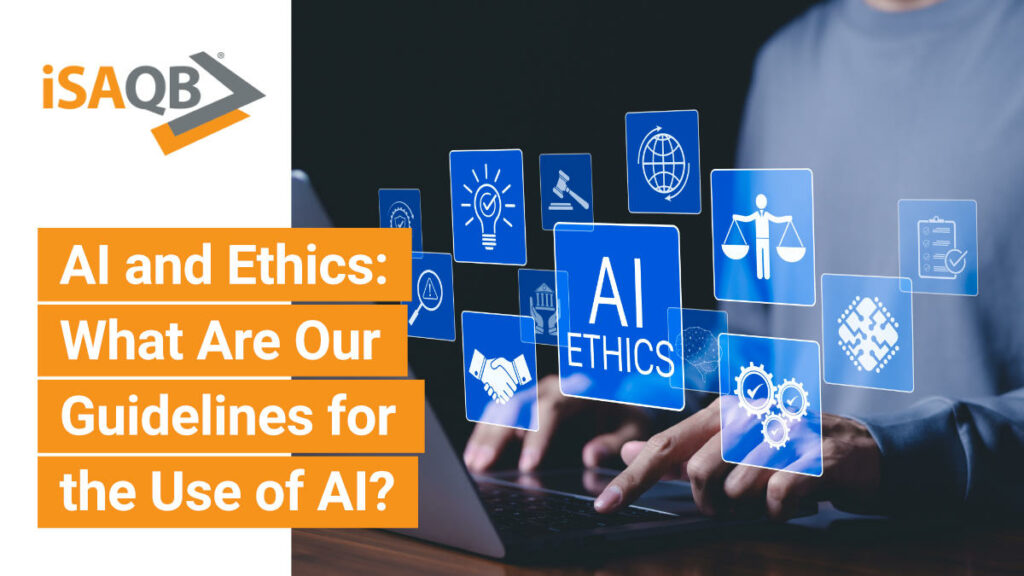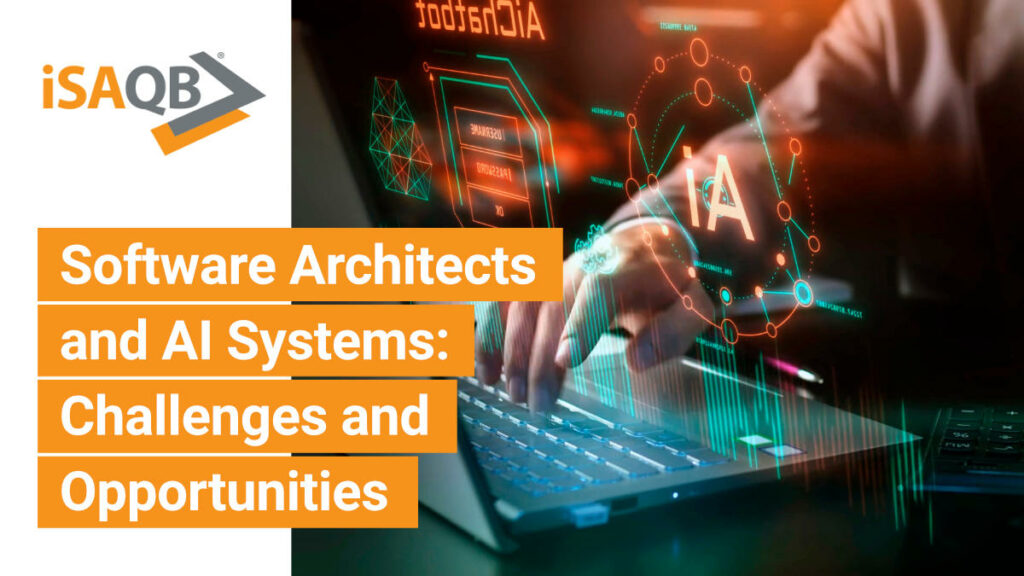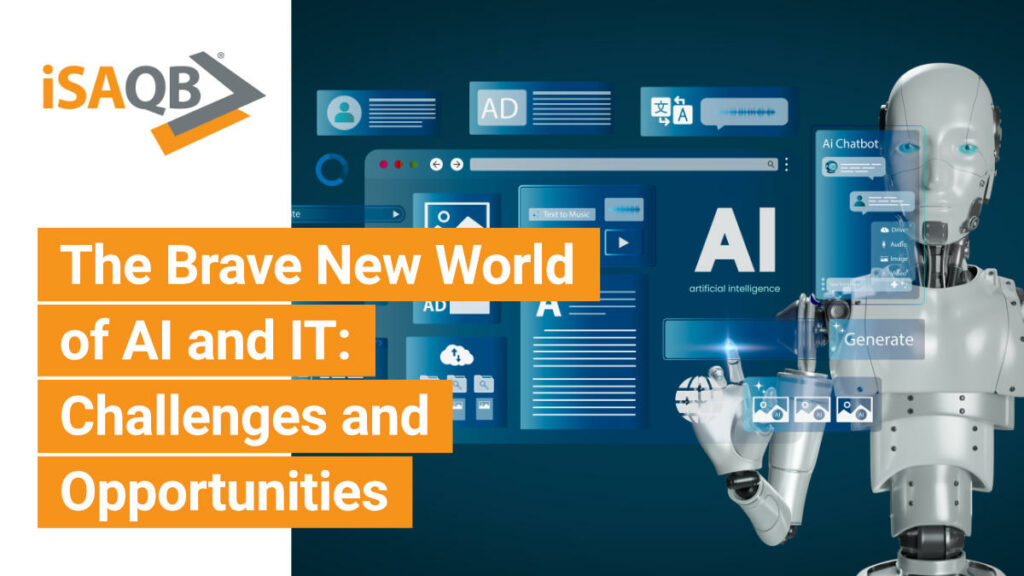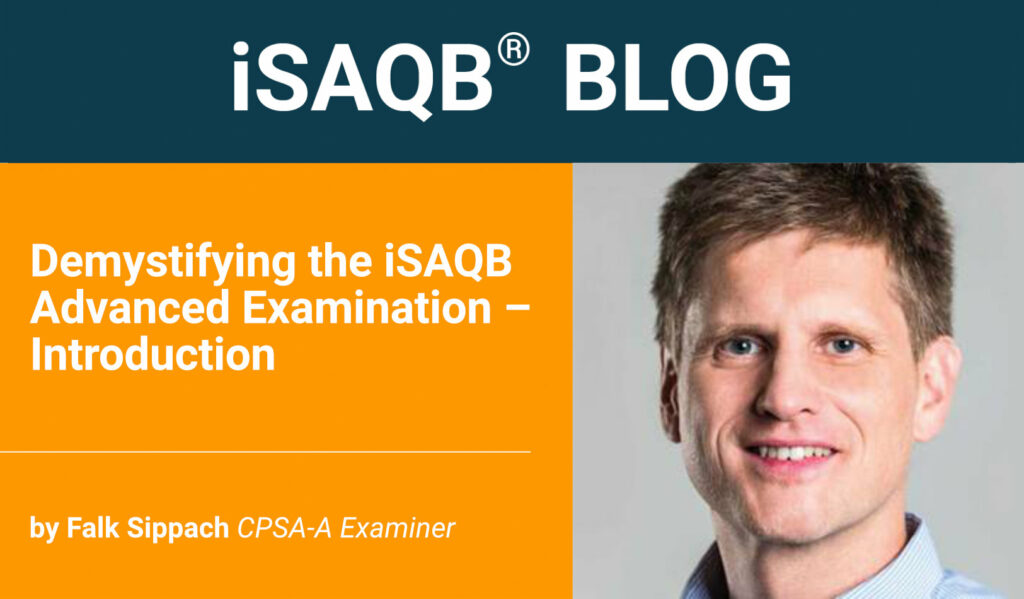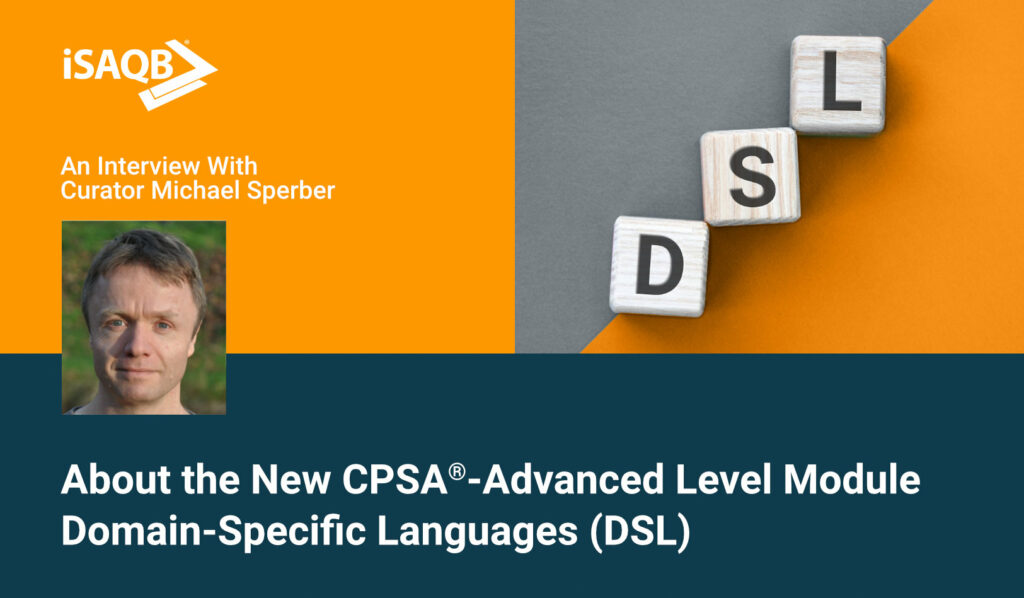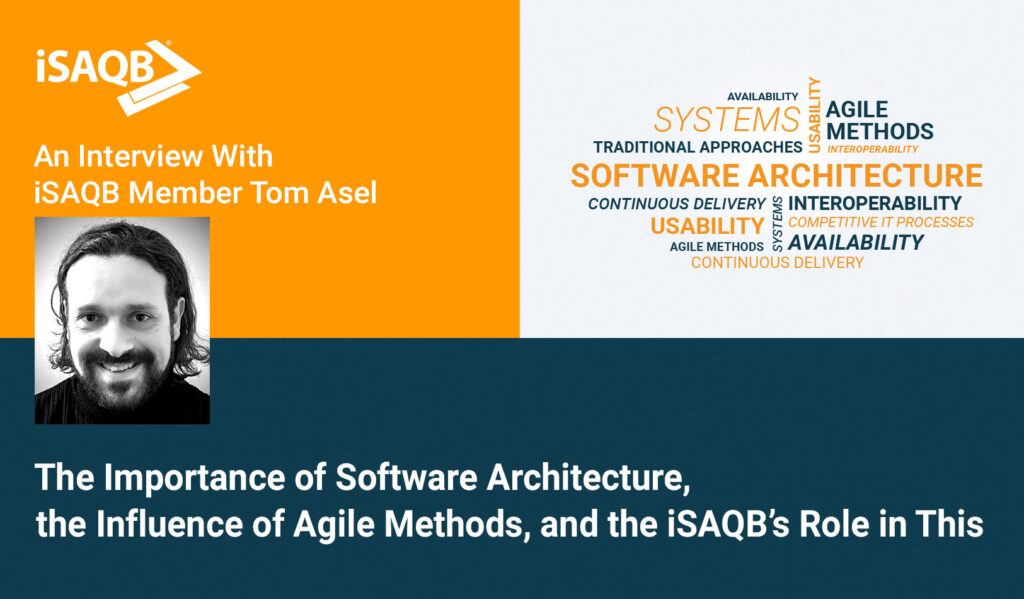About the New CPSA® – Advanced Level Module SWARC4AI: Software Architecture for AI
An Interview with the curators Mahbouba Gharbi, Sönke Magnussen and Larysa Visengeriyeva
The iSAQB introduced the new Advanced Level module Software Architecture for AI (SWARC4AI) on December 19, 2024.
The SWARC4AI module introduces participants to contemporary software architecture concepts tailored for AI systems, enabling the design of powerful, scalable, and seamlessly integrable AI solutions. By the end of the module, participants will have a solid understanding of the key principles of software architecture for AI systems and will be equipped to apply them in the design and implementation of machine learning and generative AI systems.
Richard Wallintin (WPS — Workplace Solutions) conducted an interview with the curators Mahbouba Gharbi (ITech Progress), Sönke Magnussen (WPS — Workplace Solutions) and Larysa Visengeriyeva (INNOQ).
Has this new module been created now because of the great attention to LLMs and Diffusion Models, or was the topic on the to-do list anyway?
The “SWARC4AI” module covers modern software architecture concepts for designing powerful, scalable, and integrable AI solutions. It places a special focus on Machine Learning (ML) and Generative AI systems, including Large Language Models (LLMs) and Diffusion Models. Given the current developments in AI research and its broad application, it seems that these technologies are a central motivation for the development of the module. At the same time, the module is part of a broader offering for software architects that is continuously evolving to meet the latest technological challenges.
Where is the greatest need for learning and knowledge transfer in the field of AI system architecture? Is it about fundamentals, i.e. designing meaningful systems in the first place, or rather about advanced concepts such as optimization, evaluation, and scaling?
The module covers a wide range of topics, including both fundamentals and advanced concepts. It starts with an introduction to AI-relevant software architecture concepts and guides participants through topics such as the design and development of AI systems, data management and quality characteristics in operation. There is a particularly strong focus on advanced topics such as scalability, security, compliance, robustness and interpretability. It aims to empower participants in the fundamentals and in the optimization and evaluation of complex systems.
Are we always talking about huge amounts of data, gigantic data centers, and millions in training costs? Or are there many examples of “small” and “local” AI?
The curriculum offers a holistic view of AI systems and emphasizes that not all applications require gigantic amounts of data or large infrastructure. Topics such as embedded deployments, resource-efficient approaches, and SaaS solutions show that there are many use cases for “small” and “local” AI. These are particularly suitable for scenarios in which energy consumption, costs, and data protection are crucial. At the same time, large-scale approaches such as LLMs and their integration into cloud environments are also covered to represent the diversity of AI applications.
Do questions such as appropriateness, ethics and responsible use of technology (also: impact assessment) play a role in the curriculum? And ecology?
Absolutely, the module integrates these topics comprehensively. It addresses ethical challenges such as bias, fairness, and transparency and introduces approaches to responsible AI and AI governance. International guidelines such as the “EU Ethics Guidelines for Trustworthy AI” and other governance documents are also taught. In addition, Green IT is a central component to promoting sustainable and resource-conserving approaches in the development and operation of AI systems. This shows that the curriculum considers technological as well as social and ecological aspects.
How practice-oriented is the curriculum? Can I expect concrete help for the implementation of ideas?
The module is very practice-oriented. It offers exercises, case studies, and practical projects where participants can apply what they have learned in real-life scenarios. Topics such as MLOps, design patterns, and the integration of ML models into existing systems ensure that participants receive concrete tools and approaches for the implementation of ideas. The practice-oriented design makes it possible to address challenges in professional practice directly.
Is security completely different for AI systems than traditional IT systems?
Yes, AI systems have specific security requirements. The module covers threats such as adversarial attacks, data poisoning, and model inversion, which are less relevant to traditional IT systems. Strategies for AI security are also presented, including measures for robust models, transparent development, and protection against attacks by explainable AI. These differences make it clear that security concepts for AI systems must be tailored to the specific characteristics of ML models.
How much does the module require? Is it aimed only at people who have already designed and developed AI systems, or also at those who are just considering it?
The module is aimed at people with basic knowledge of AI, machine learning, and data science. Experience with common frameworks such as TensorFlow or PyTorch as well as basic knowledge of ML methods such as supervised learning and deep learning are required. However, it is not exclusively intended for experienced AI developers, but also for architects and engineers who want to deepen their knowledge in the design and integration of AI systems.
When can the first training courses be expected? Are there any announcements or empirical values as to when the first training courses could be certified?
The first version of the module will be available from 12/2024. The training courses should last at least three days and may vary depending on the provider. There is no specific information on the first certifications, but the training is part of the iSAQB’s Advanced Level Program and contributes credit points towards certification. It is, therefore, to be expected that providers will publish corresponding training courses in the near future.



